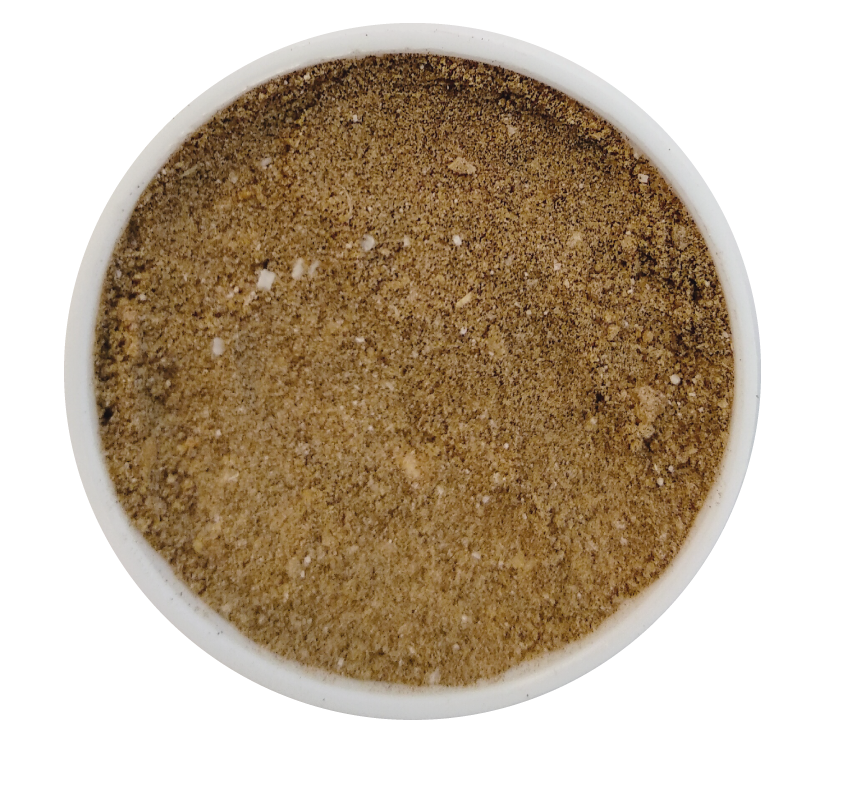
Feed is one of the key points in Aquaculture’s development. Feed, not only mean around 50% of fish production cost, but its efficiency also contributes to the sustainability of the sector. Thus, -raw materials for feed production and feed efficiency- are two of the main factors to improve this practice.
In 1972-73 El niño event disrupted the world supply of fish, which triplicated its price and spurred the search for alternative ingredient to replace fishmeal. In addition, FAO’s stock data of the biologically sustainable levels of marine resource has shown a downward tendency -from 90.0 percent in 1974 to 66.9 percent in 2015- which means a reduction of sea-stock.
A potential deed that has been gaining importance is the use of fisheries and aquaculture by-products to produce FM and FO. It was estimated to be 25-35% of the total volume in 2016. Another endeavour is conducted by public and private sectors, which have committed to diminish the use of fishmeal and fish oil in their diets carrying out many experiments with a result of plenty of formulas that use novel ingredients and additives. An example of this raw materials could be terrestrial animal and plant proteins, insects, seaweed, single cell proteins (SCP; coming from yeast, microalgae o bacteria) etc
LSAqua shares the same commitment and chase the purpose of sustainability to hold a better future.
References available on request



